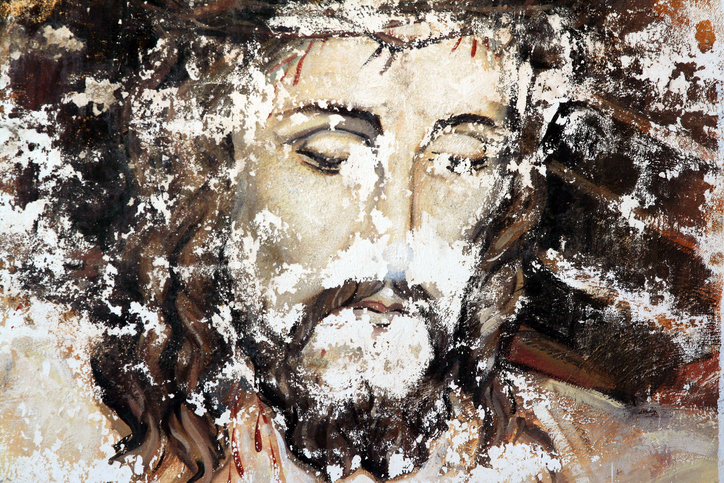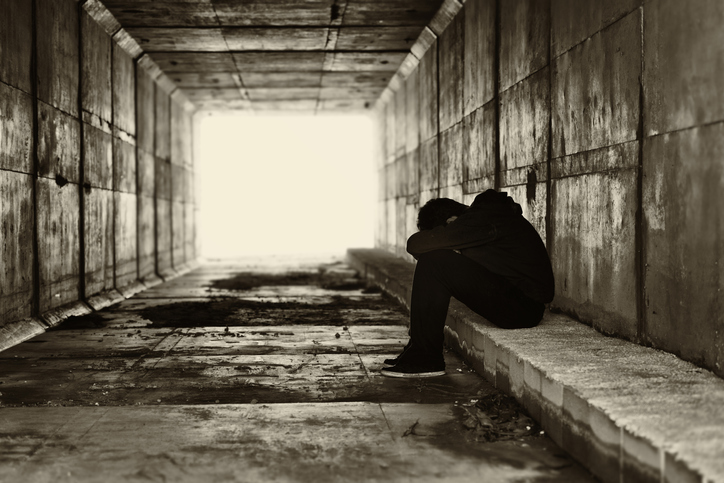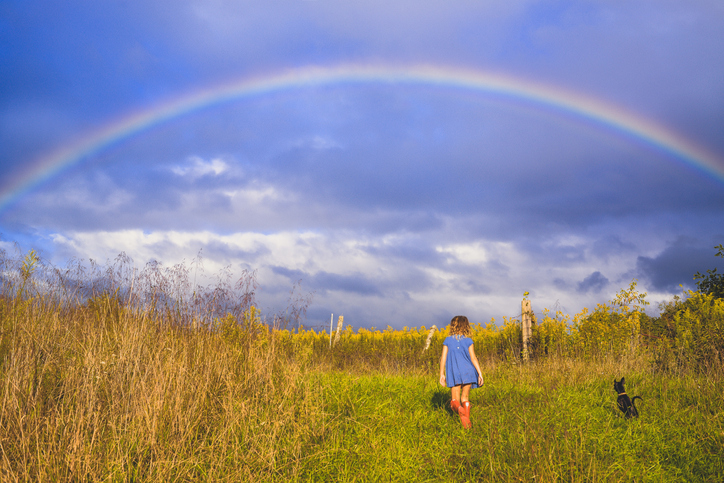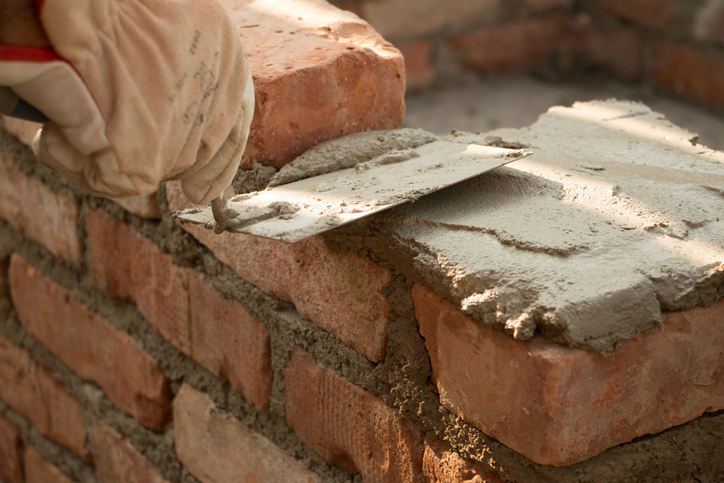Jesus must have been unrecognizable after he rose from the dead. Two-thousand years later, we find it difficult to recognize him in anything other than on a crucifix. People stood right in front of the resurrected Christ and failed to notice it was him.
Lord, let me be you to others so I may lead others to you.
We pray for Jesus to be with us. We pray for him to protect us and guide us. And he undoubtedly does those things for us. What we neglect to think about is that other people are praying for the same thing. And don’t you think that Jesus might be answering their prayers as well? In the recognition of Christ in others, we stir the realization of Christ in ourselves.
Don’t make Christ do all the work! We are responsible for heralding his words and emulating his way.
We used to see Jesus in everything. There are innumerable works of art with him or his mother at the focus. Brilliant pieces of music were composed based on some aspect of his birth or death or the three years leading up to it. Musical theatre, straight plays, and films were written around a character’s battle between Christ and Satan, or adaptions of a portion of the Gospel. But now we desperately pray for some sort of longevity when a new work of art comes out that is related to Christianity or anything remotely religious. It’s no wonder it’s getting harder and harder to recognize him in the moments and people around us.
We’ve got a job to do. If Jesus is presenting himself to you, don’t look away. If the answer is Christ, don’t choose ignorance. There’s a reason that four-letter acronym is so popular. He gave it all, all for the love of us, so perhaps the better question is “What wouldn’t Christ do?”

Benjamin serves as the Music Minister at Our Lady Queen of Peace in Branchville, NJ. He teaches Children’s Theatre at the Paper Mill Playhouse and is a Catholic songwriter that has given talks on Confirmation, How to Keep the Faith in College, and The Courage to Choose Life. He can be reached at benjamintyates@gmail.com.







